 Right Brained Children in a Left Brained World by Jeffrey Freed and Laurie Parsons is the best book I have ever read on the subject of ADD/ADHD. It provides not only help but hope! So many of the things Thatcher does that most people, including myself, have always found quirky to downright irritating are actually common in the world of right brained learners (which Thatcher tested very strongly in the checklist given by the author). In describing ADHD children it was as if Mr. Freed had been a fly on the wall in our living room for years.
Right Brained Children in a Left Brained World by Jeffrey Freed and Laurie Parsons is the best book I have ever read on the subject of ADD/ADHD. It provides not only help but hope! So many of the things Thatcher does that most people, including myself, have always found quirky to downright irritating are actually common in the world of right brained learners (which Thatcher tested very strongly in the checklist given by the author). In describing ADHD children it was as if Mr. Freed had been a fly on the wall in our living room for years.The child with genuine ADD typically has just two speeds: full tilt and collapse. He consistently has a short attention span, which means he fails to hold a thought for more than a few seconds. He rarely finishes a task, bouncing like a pinball from one activity to another. He doesn't have a built-in "brake" in his brain that tells him to look before he leaps. His lightning-fast visual mind flashes from random thought to random thought; his thought patterns are like a brain storming session run amok. He is nonlogical, nonsequential and nonverbal (although he talks constantly), physically and socially clumsy, and hopelessly disorganized. He may or may not respond well to medication. Rather than being labeled as ADD, this child might be more accurately termed a "hyperimpulsive random visual processor." Whatever you choose to call it, it's a tremendous challenge to parent and teach this kind of child.Amen, Mr. Freed! As a mom I have always known "what" Thatcher did but not always the "why" behind the "what". After reading this book I feel I truly know my child so much better - what makes him tick and how to get inside his head (and subsequently his heart!). I also learned that I am a strong left-brained learner which has been a cause of much of my frustration. He learns so much differently than myself and the things the author explains I don't know that I ever would have figured out on my own.p. 25-26
The author describes how he believes many children are moving towards being visual learners due to our culture and society. Unfortunately schools have not kept up, teaching largely the way they did for the past 100 years - primarily to auditory learners. These methods made sense in a world pre-television, pre-computer and pre-picture books where the predominate means of communication was auditory: radio, literature readings and oral story telling. Today children's brains are different and require new teaching methods. He believes that many children (if not most) who are labeled ADD/ADHD are actually visual learners who are simply having a difficult time coping in a classroom not geared towards their learning style. He believes that only 2-3% of the population are true ADD kiddos and the remainder are pseudo-ADD. They way to tell the difference is to examine, "the degree of severity" and "whether the behavior is pronounced both inside and outside the classroom."
Whether or not your child is true ADD or what he terms "pseudo-ADD" you can greatly benefit from this book. After making his case that ADD is a "learning style" he lays how to work with children who demonstrate these characteristics in a chapter titled "Ground Rules for Working with the ADD Child" and then follows up by walking though each subject one by one describing specific techniques to help these children attain success.
If you have a child you suspect of being ADD/ADHD (the author uses these terms interchangeably) this would be a great book to add to your reading list. Beware that he is a little harsh on the public school system and public school teachers. He makes a lot of generalizations and remember that there are always exceptions (although in my experience teaching ps for seven years many of his statement are true). Also, this book is not just for homeschooling parents, although he does hold a favorable view of homeschooling. He devotes a few chapters at the end of the book to helping parents help their child(ren) have a more positive experience in the public/private school system.
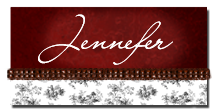

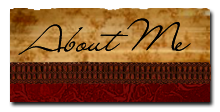

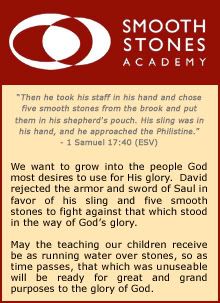

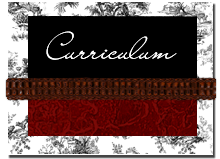

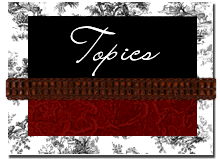

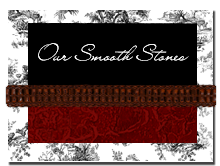
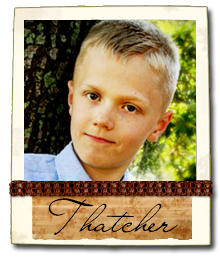
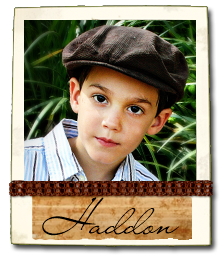
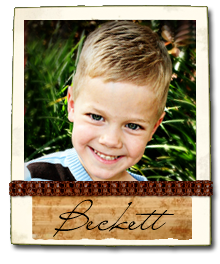

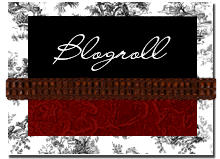
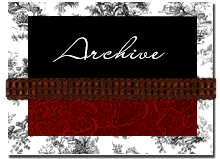

7 comments:
Jennefer,
Thank you for the review! I'm not sure how much my son fits this profile. He has autism, so ADHD kind of comes with the territory, but his OCD symptoms tend to overshadow the ADHD. He is however a visual learner. Do you think the book would still be helpful for me?
Kellie
Kellie,
If you can get the book from the library, peek at the chapter titled, "The Left-Right Brained Continuum". There is a Learning Styles Inventory;if your ds tests as a right-brained learner then this book would be a great asset. If he is more of a left-brained or even whole-brained learner then it would not be as valuable. It is an easy book to read so it does not take much time to read cover to cover but I would start with the inventory in your case.
Hope you can find it at your library and good luck!
Jennefer
My sister loaned me a book titled, "Personality Insights for Moms". Kendra, my oldest, has had ADHD symptoms for years - this kid is totally scatter brained and impulsive. And my second child was so very the opposite - although both were "people" oriented (unlike me). That book was wonderful in that we were able to give Kendra a positive label instead of the more negative "ADHD". She has an "I" personality. And by encouraging her to use her strengths in creative and productive ways, she is now much more happy and has begun the hard road of tackeling her "weaknesses" with an enthusiasm that is so typical of her "I" personality. Turns out little sister (and baby brother) are "S" kids, and I'm a "C". I was most helped by the second half of the book which taught me how to relate to my children as a "C" parent, and to understand that I had weaknesses also. Days are much more relaxed around here, mostly.
Do you think this is a book I would benefit from reading? I have an auditory-only learner ( I think! at least at seems so at this point.) so is it mostly for visual learners?
Thatch is lucky that it was YOU meant to be his mom.
Darcy,
According to the author, most auditory learners are left-brained learners so this book wouldn't help on that count. You could get the book, if your library has it, and look at that same Learning Styles Inventory I mentioned to Kellie if you wanted to be certain.
One interesting thing though...auditory learners are actually the rarest type of learner. My dh is an auditory learner. All through college and seminary he would simply attend class and listen. He *rarely* took notes. Once he heard it one time it was in his noggin for good. Me, on the other hand, could and would fill spiral notebook after spiral notebook taking copious notes in each and every class! :)
Jen
Jennefer,
Thank you so much for reviewing this book. My ds has undiagnosed ADHD, but we KNOW he has it!! It runs on my dh's side of the family and ds has many classic traits of it. We don't want to medicate him so we haven't gotten an official diagnosis, but we have discussed this with ds's pediatrician. We are always looking for holistic ways to deal with his ADHD. Anyway, I can't wait to get my hands on this book. Thank you!
Stacy :-)
Nicce post
Post a Comment